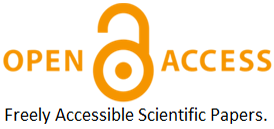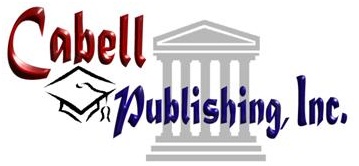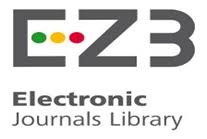Archive
Volume 1, Issue 1
International Journal of Science and Engineering Applications (IJSEA)
Volume 1, Issue 1 - November 2012
Intelligent Curriculum for Learning Analytics
Abstract:
The present education scenario in higher education emphasizes on a group of individuals, traditional assessment technique and an inefficient learning approach. However, these methods demand better accuracy and reliability since they employ a classical approach of learning which do not provide learner specific content and analyses the learner at the end of his course. Hence the validity of such approaches summonses a review. This paper provides an alternative solution to the drawbacks by developing intelligent curriculum as a customized learning content specifically developed to a learner. Intelligent curriculum forms a part of learning analytics where learning analytics is used to collect, analyze and report learner’s data. Intelligent curriculum is developed using educational technological tools like bloom’s taxonomy, rasch analysis, learning model, SCORM (Sharable Content Object Reference Model) and MOODLE (Modular Object-Oriented Dynamic Learning Environment). The developed curriculum containing resources for a student focuses on betterment of performances from previous attempts.
Keywords: Learning analytics (LA), Intelligent Curriculum, Bloom's Taxonomy, Rasch analysis, SCORM, MOODLE.
References:
[1] John P. Campbell, Peter B. DeBlois, and Diana G. Oblinger, “Academic Analytics: A New Tool for a New Era,” EDUCAUSE Review, vol.42, no.4 (July/August2007), pp.40–57.
[2] George Siemens in the Learning Analytics Google Group discussion, August 2010.
[3] Call for Papers of the 1st International Conference on Learning Analytics & Knowledge (LAK 2011)
[4] Item response theory, a detailed book by F Baker.
[5] Lord, F.M. (1980). Applications of item response theory to practical testing problems. Hillsdale, NJ: Lawrence Erlbaum Associates.
[6] Creating the first SCORM object by Victor Gonzalez-Barbone, Luis Anido-Rifon ,a Facultad de Ingenieria, Universidad de la Republica, Julio Herrera y Reissig 565, CP 11300 Montevideo, Uruguay , E.T.S.E Telecomunicacion, Universidad de Vigo, Campus Universitario, CP 36310 Vigo, Pontevedra, Spain











 PDF
PDF